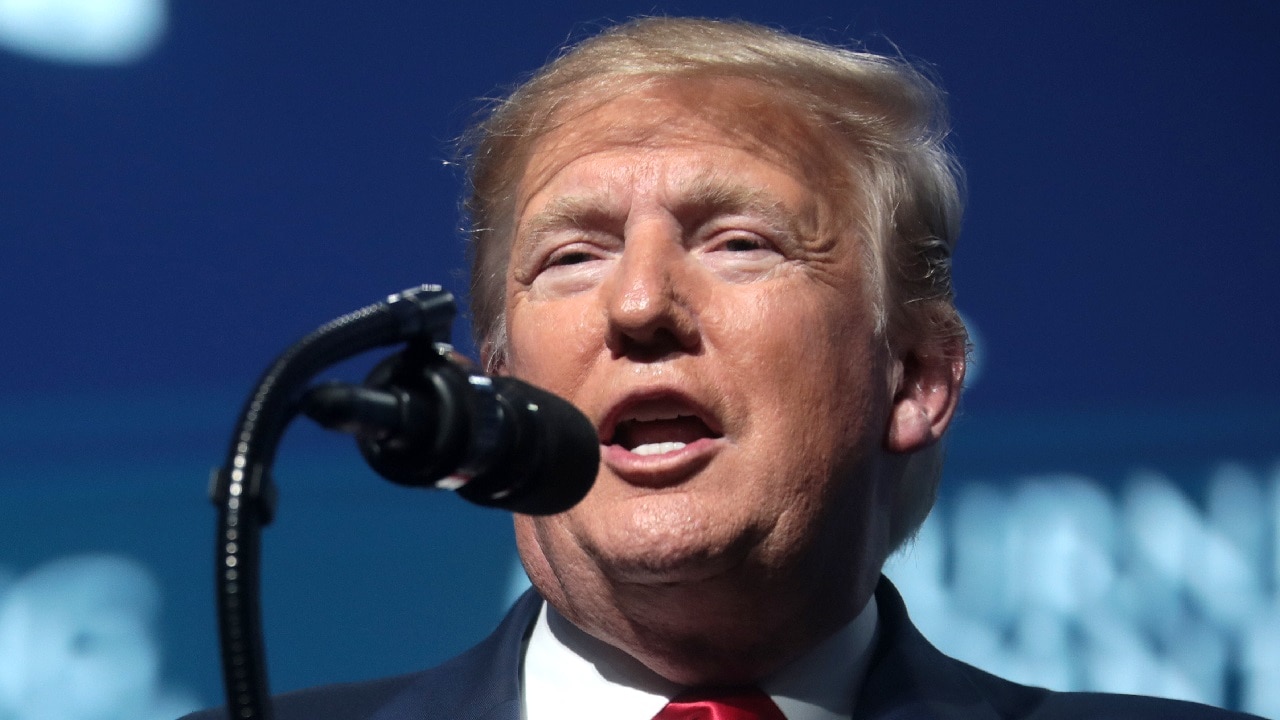President Donald Trump is hardly the first president to want his country’s central bank to lower interest rates.
However, before he acts on his wishes, he might consider Turkish President Recep Erdogan’s recent unfortunate experiment with pressuring the Turkish central bank to cut interest rates.
Closer to home, Mr. Trump might also want to consider how the all-important 10-year US Treasury bond yield, which determines the level of mortgage rates, has been rising despite the Fed cutting its interest rate.
Donald Trump Needs to Look to Recent History
As is the case with Mr. Trump, economics is not Mr. Erdogan’s strong suit. At a time when inflation was rising, Mr. Erdogan got it into his head that rather than helping to fight inflation, high interest rates were inflation’s root cause. This induced him to use his immense power to force the Turkish central bank to cut interest rates in stages from 19 percent in late 2021 to 8.5 percent by early 2023. He did so even as inflation continued to rise.
While Mr. Erdogan might have been convinced that low interest rates was inflation’s cure, the markets had a very different take on the matter. Indeed, in response to the central bank cutting its interest rate, the Turkish currency plunged from 9 Turkish lira to the US dollar in early 2021 to 27 lira to the US dollar by mid-2023. thereby wiping out more than half of its value. Meanwhile, long-term Turkish bond yields more than doubled from 12 percent in early 2021 to 25 percent by mid-2023.
The net upshot of Mr. Erdogan’s unfortunate low interest rate experiment was that inflation skyrocketed to a high of 85 percent. This left Mr. Erdogan with little choice but to make an abrupt and politically embarrassing economic policy U-turn to get the inflation genie back into the bottle. To that end, with his blessing, the Turkish central bank hiked its interest rate in stages from a low of 8.5 percent to 45 percent.
Fast forward to today, President Trump is now exerting considerable pressure on Federal Reserve Chair Jerome Powell to cut the Fed’s policy interest rate aggressively. He is doing so despite the fact that the Fed is yet to achieve its 2 percent inflation target. He is also doing so despite the upward inflationary pressure that his proposed economic policy mix of sharp import tariff increases, massive tax cuts, and the large-scale deportation of undocumented immigrants will exert on inflation.
As occurred in Turkey, the market is taking note of the inflationary danger of Mr. Trump exerting pressure on the Fed to cut interest rates at the same time that he is throwing caution to the wind on budgetary policy. It is also taking note of the unsustainable path towards which the country’s public finances now seem to be heading. According to the Committee for a Responsible Budget, Mr. Trump’s tax cut proposals would cause the budget deficit to balloon from its already worryingly high level of 6 ½ percent of GDP. It would also lead to a rise in the public debt to GDP ratio to a Greek-like 140 percent of GDP by 2034.
The market is now sending Mr. Trump a clear warning shot that he risks real financial market turbulence if he were to implement in full his campaign promises of large tax cuts, aggressive import tariff increases, and increased pressure on the Fed to lower its interest rate. Since September, when it became clear to the markets that there was a good chance that Mr. Trump would win the election, the 10-year Treasury bond yield has increased from 3.6 percent to 4.6 percent. It has done so, even as the Fed’s interest rate has declined from 4.75 percent to 4.25 percent. That could spell real trouble for the housing market and for the ability of the commercial property sector to cope with its ongoing crisis of record high vacancy rates.

President of the United States Donald Trump speaking with attendees at the 2019 Student Action Summit hosted by Turning Point USA at the Palm Beach County Convention Center in West Palm Beach, Florida.
It is said that the sign of intelligence is learning from other people’s mistakes. We have to hope that Mr. Trump might learn from Mr. Erdogan’s experience that it is unwise to exert political pressure on the central bank to lower its interest rate at a time when economic circumstances do not justify such action.
However, judging by Mr. Trump’s strong criticism of Mr. Powell’s decision not to cut interest rates at the Fed’s policy meeting, it would seem that Mr. Trump is well on his way to repeating Mr. Erdogan’s mistake. This does not bode well for the economic and financial market outlook later this year.
About the Author: Desmond Lachman
American Enterprise Institute senior fellow Desmond Lachman was a deputy director in the International Monetary Fund’s Policy Development and Review Department and the chief emerging-market economic strategist at Salomon Smith Barney.

